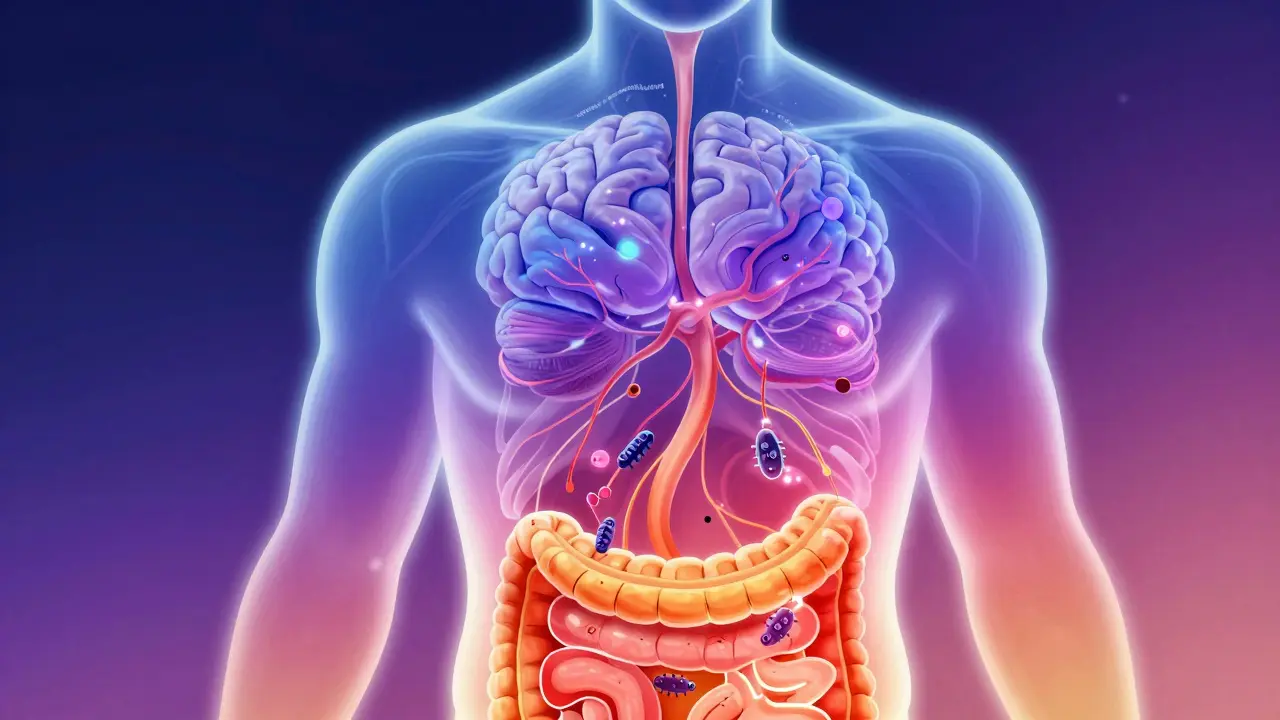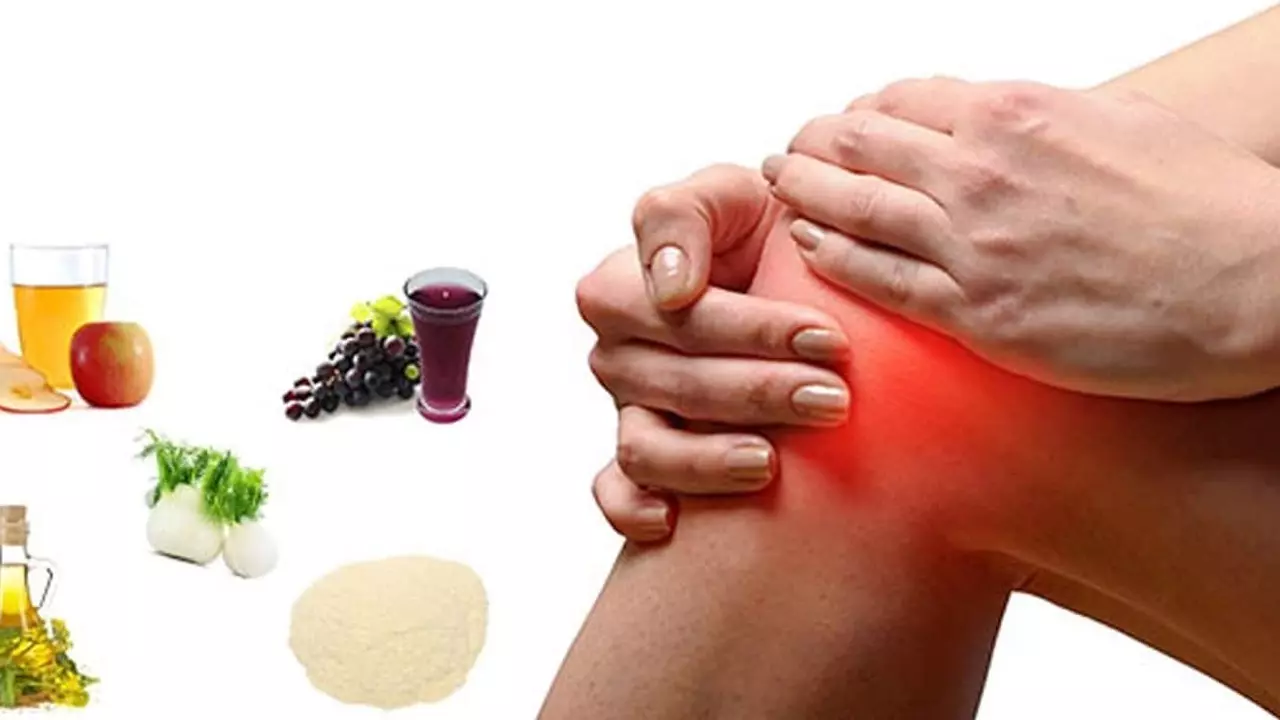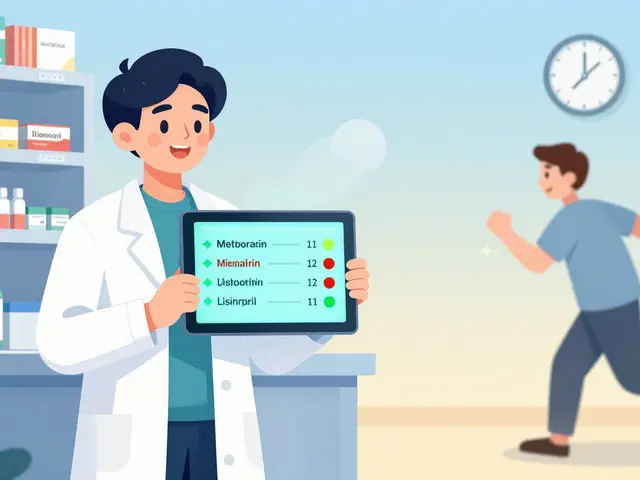Pharmacy Inventory Management: Generic Stocking Strategies That Cut Costs and Prevent Stockouts
December 15 2025Gut Health: Practical Tips for Better Digestion
Want fewer days ruined by bloating, heartburn, or slow digestion? Gut health isn’t mysterious — small, consistent habits make a big difference. Below are clear, practical steps you can start using today, plus when medicines like Prilosec help and when to check with a doctor.
Quick, useful habits that actually help
Eat more fiber, but do it slowly. Aim for a mix of soluble (oats, apples, beans) and insoluble fiber (whole grains, nuts). If you’re not used to fiber, add it over a week to avoid gas.
Move after meals. A 10–20 minute walk after eating helps food move through your gut and lowers bloating. You don’t need intense exercise — a gentle walk works well.
Choose fermented foods for variety. Yogurt, kefir, kimchi, and sauerkraut add different strains of bacteria. If you prefer supplements, pick a probiotic with documented strains and at least one billion CFU per dose. Try it for 4–8 weeks and watch for changes.
Watch what drinks you drink. Cut back on high-sugar sodas and limit alcohol — both can irritate your gut and feed the wrong microbes. Sip water throughout the day; dehydration slows digestion.
Manage stress with short habits. Stress affects your gut fast. Try breathing exercises, short walks, or 5 minutes of focused breathing before meals — they really help digestion.
Medications and when to be careful
Over-the-counter drugs can help, but use them wisely. Proton pump inhibitors (PPIs) like Prilosec (omeprazole) are great for frequent acid reflux, but long-term use has trade-offs. If heartburn only happens occasionally, try lifestyle fixes first. For more on safe PPI use and how Prilosec works, see our Prilosec guide on Pharmacy2Home.
Antibiotics change your gut quickly. If you need an antibiotic, ask about probiotic timing — taking certain probiotics a few hours after the antibiotic dose can help reduce diarrhea in many people.
Supplements aren’t magic. Fish oil, vitamin D, and fiber supplements can support gut health for some people, but they don’t replace a balanced diet. If you consider herbal products or unfamiliar remedies, check credible sources or talk to a pharmacist.
Watch for warning signs. See a clinician if you have unexplained weight loss, bloody stools, persistent severe pain, or sudden, new severe reflux. These aren’t normal and deserve prompt attention.
Practical next step: pick one change for two weeks — add a fiber serving, walk after dinner, or try a probiotic trial. Track how you feel. Small wins add up fast, and you’ll know what really helps your gut.
Want targeted reading? Our site has a few focused posts on related issues, like Prilosec uses and safe purchasing, and practical guides to digestive meds. Use those if you need a deeper read on medicines and safety.
 24 Jan
24 Jan
Irritable Bowel Syndrome: How the Gut-Brain Axis Causes Symptoms and How to Find Relief
IBS isn't just a digestive issue-it's a breakdown in communication between your gut and brain. Learn how the gut-brain axis causes symptoms and what evidence-based treatments actually work, from low-FODMAP diets to gut-directed hypnotherapy.
Read More... 16 Jul
16 Jul
Natural Remedies for Diarrhea: Herbal Solutions for Gut Health
In my latest blog post, I delve into the world of natural remedies for treating diarrhea. I've explored various herbal solutions that are known for their positive effects on gut health. From the soothing properties of chamomile tea to the powerful healing effects of ginger, I've covered a wide range of natural remedies. I've also included some practical tips on how to prepare these remedies at home. This is a must-read for anyone looking for natural ways to tackle gut health issues and improve overall wellness.
Read More...




